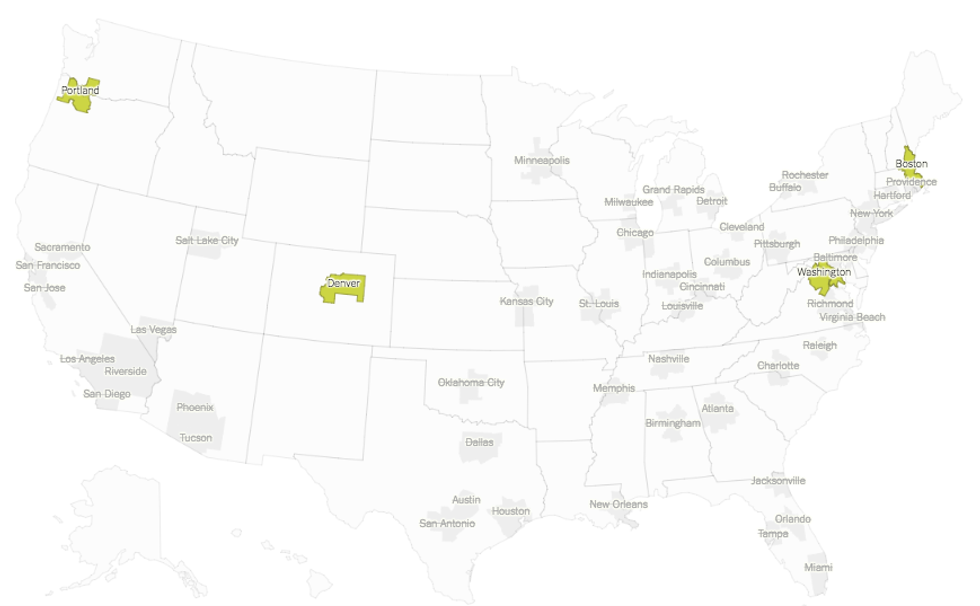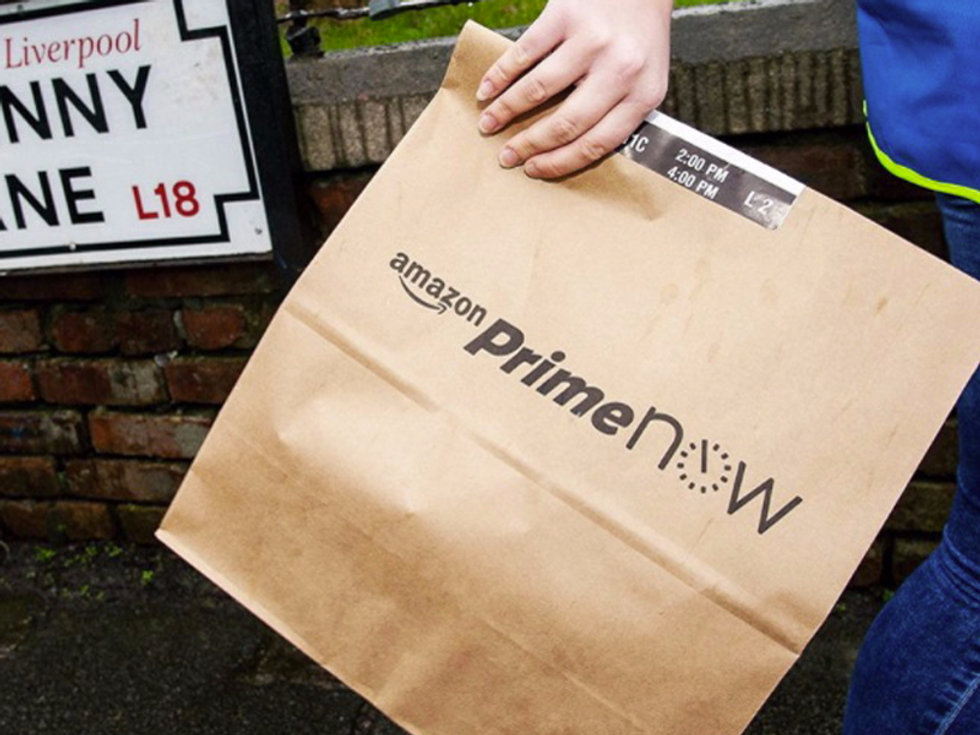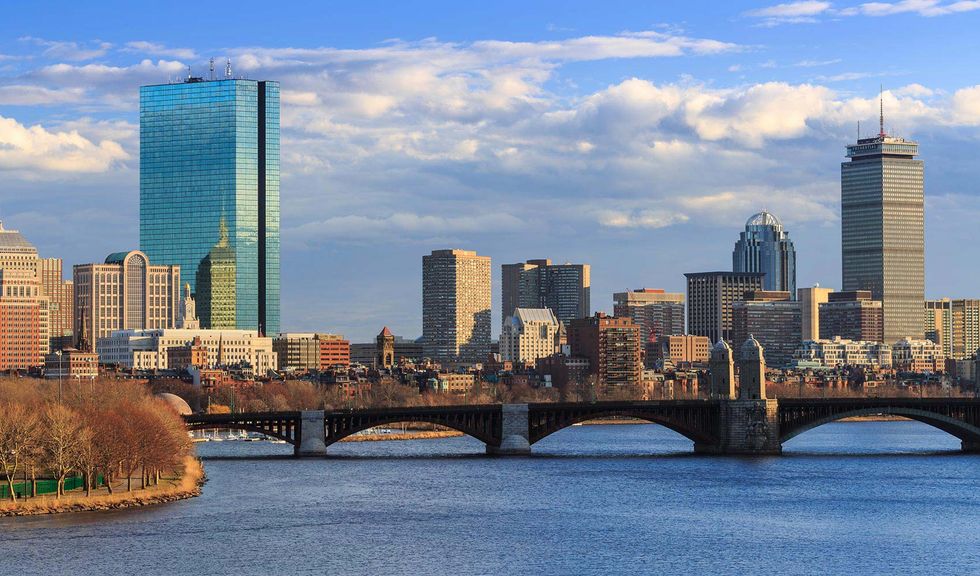Last week was move-in week at Northeastern University, as well as several other schools in the Boston area. Due to the high volume of students moving back to their respective campuses, virtually everything at Target was sold out. Needed a rug? Forget it. Some command hooks? Nope. Any sort of bath mat? You wish. Shelves were empty and everything was gone.
Naturally, I turned to Amazon. While brick and motar stores like Target struggled to store enough inventory in its stores during this chaotic period, Amazon and its well-stocked warehouses had an ever-abundant supply of just about everything. Additionally, the convenience of free two-day delivery with Amazon Prime and one-hour delivery with Amazon Prime Now made getting what I needed a whole lot easier. No wonder Amazon is one of the most successful companies in the world right now.
While the company has been doing well with its current headquarters in Seattle, WA, as the company expands, so should its facilities. Amazon is now looking to open a second headquarters.
The company plans on spending $5 billion on this new project, anticipating that it will eventually employ 50,000 workers for this second site. Because of these factors and the prestige of bearing one of the world's leading companies' headquarters, several metropolitan areas, including Boston, are looking to create a proposal that will entice the online retail giant.
Some main selling points for Boston include its focus on innovation, a strong technological workforce, easy access to public transport, proximity to an international airport, and access to a large number of top universities. However, the cost of doing business in Boston is high, with property prices on the higher end and few sites large enough to fit the scale of Amazon's latest project.
Other cities that have also been dubbed contenders by experts include Austin, Texas; Washington, D.C.; Denver, and Pittsburgh.
Some other metropolitan areas like Kansas City, Missouri, the Twin Cities of Minneapolis and St. Paul, and Dallas-Fort Worth, have also announced that they will pursue the project.
While Boston's prospects as a location for a second Amazon headquarters is looking strong, the NYTimes produced a piece ultimately selecting Denver as the future home of Amazon's second campus. Based on factors such as job growth, labor pool, quality of life, and transportation, the article sieves out the original 50 potential metros into just four: Boston, Washington, D.C.; Portland, Ore.; and Denver. However, the ultimate determinant of it all was space, thus setting Denver ahead of these other players.

While Denver meets all the criteria laid out by Amazon, all this is just mere speculation. The next headquarters could be anywhere and we can't wait to see just where it ends up.






















